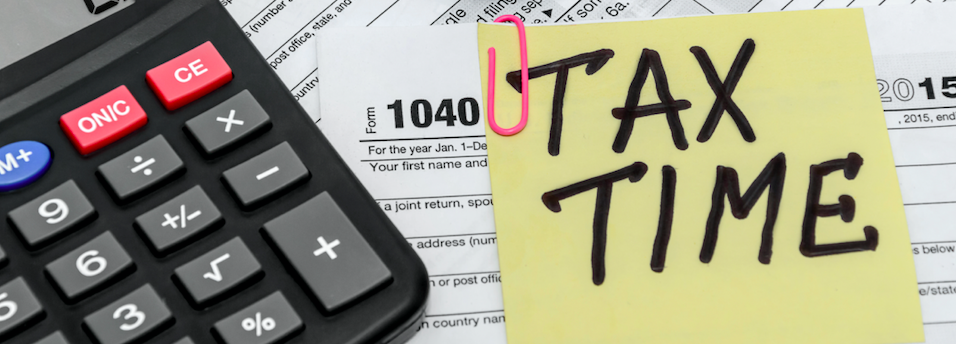By Michael Rodgers, SVGOP Central Committee Member
In March 2021, President Joe Biden signed the $1.9T COVID Relief Bill into law. While every Republican voted against this bill overall (as they should have), there are a couple of important lesser known provisions that can be very important to individual and household working class tax filers, here in the middle of “tax season.”
As California’s “most severe in the US” lockdowns drag on, our state and region continues to have some of the highest unemployment in the country, while many parts of the US are already well underway with significant employment and economic growth. Throughout the pandemic, Congressional relief bill after relief bill has added substantial augmented weekly dollar amounts to unemployment compensation payments administered by the California Employment Development Department (EDD). Therefore, total compensation to many working class individuals and families through EDD have been very significant since Spring 2020, when shutdowns started California down the path of massive layoffs and business closures.
For individual and joint income tax filers, unemployment compensation is exempted for income tax purposes by the California Franchise Tax Board, but is taxable to the Federal Government and IRS as regular income. Individuals receiving unemployment compensation from the EDD have the option of withholding 10% of these payments to the IRS against the tax liability. However, many very strapped working class individuals and families did not take the withholding option as many needed every single dollar of EDD payments just to get by during the severe economics of COVID lockdowns.
In this bill, the Senate added a new exemption for tax year 2020. For tax filers with total 2020 income under $150,000, up to the first $10,200 of unemployment compensation is exempted from federal income tax. This is very significant, and can modulate many individual filers returns from owing the IRS a bunch of money, to actually getting a nice refund after filing.
Anyone who has already filed that received unemployment compensation most likely did not include this exemption, which was only proposed in early March, and became law in mid March. Anyone who received EDD funds who has already filed and wants to take advantage of this exemption will need to file an amended return. Nearly everyone who received EDD unemployment payments should make sure they take advantage of the new exemption. Updated tax forms from the IRS and income tax preparation software from companies like H&R Block and Intuit (TurboTax) will likely have updates available that include the new exemption sometime in the next few days. Check with the IRS, your tax advisor, or the tax preparation software companies to see if you qualify and how to file returns and amended returns.
Another major tax benefit for individuals and families in the COVID bill just signed into law is a significant increase in the child tax credit. Whereas, this previously was set at $2,000/year per dependent child, it was raised to $3,600 for a dependent child under 6 years of age, and $3,000 for a dependent child aged 6-16. Again, all our previous statements about filing and checking with your tax advisors, the IRS, and tax preparation software providers apply here as well.
Both of these essential “tax cuts” were provisions of the $1.9T COVID spending bill that Republicans and “supply side” economists generally tend to like. Both make life easier for, and will put more dollars into the hands of, working class individuals and families and help our economic stability and growth. Think of it as the 2021 COVID Relief Bill equivalent of the key part of the 2017 Tax Law that dramatically increased the standard deduction, which greatly reduced taxes and made tax filing much, much easier for the vast majority of middle class Americans ever since.
On the other hand there were some very disturbing tax related provisions in the COVID Relief Bill signed into law today. Maybe the most disturbing part of the new bill is language that indirectly threatens and directly prohibits states against using the massive amount of pork spending doled out to states (many of whom actually are now seeing an increase in State revenues) to lower or even change their own state taxes and state tax laws. This part of the bill is a gross overreach of the Congress’ powers and should be firmly resisted by state house actions and in court. I can’t wait to see one or more states taking action on and challenging this part of the bill (more of which is described here by the WSJ: Read the Article › ).
There’s lots more for conservatives to not like about the COVID Relief Bill, like $30B in transit funds, 1/3 of which goes to NYC, or the $86B in multi-employer union pension bailouts, or the 15% of $1.9T spending that has absolutely nothing to do with the pandemic and its aftermath, but that’s all a different and much longer story.
